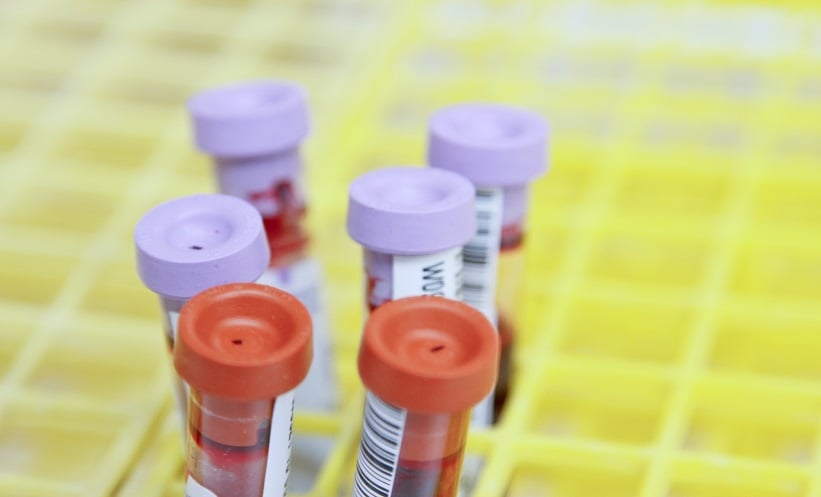INTERNATIONAL RESEARCH has indicated that treatments for rare blood cancers should target the body’s immune system as well as the cancer itself. This research comes from Helsinki-based scientists, who found that these cancers attack the body’s immune system. Studies focusing on rare cancers are essential in improving patient therapeutics, as well as providing information on the vulnerability of other cancers.
Large granular lymphocyte (LGL) leukaemia is an example of a rare blood cancer that attacks the body’s own immune cells. In this case, the body’s T cells form cancer cells and, although seldom terminal, can cause patient susceptibility to infections, as well as chronic joint pain and anaemia. These symptoms closely resemble those of an autoimmune disease, and there are currently no existing curative therapies for LGL leukaemia. Satu Mustjoki, Professor of Translational Haematology, University of Helsinki, Finland, added: “Our research group demonstrated 10 years ago that LGL cancer cells typically have a mutation in the STAT3 gene, a finding that is now used to diagnose this disease worldwide.”
Jani Huuhtanen, a Doctoral Researcher at the University of Helsinki, explained that LGL cancer cells had been the primary focus in previous research, while the scientists also hypothesised whether other immune cells may play a role in the disease. The development of single-cell examination techniques allowed the researchers to separate and compare LGL cancer cells and T cells found in the blood. Huuhtanen and co-authors were able to compile data through international collaboration, made up of almost 200 samples from patients with LGL leukaemia. Tiina Kelkka, Docent of Immunology at the University of Helsinki, explained: “Single-cell techniques open up entirely new avenues for research.”
The study results proved the researchers’ hypothesis: the immune system of patients with LGL leukaemia is distinctive from other cancers. Dipabarna Bhattacharya, Doctoral Researcher, University of Helsinki, noted that “The immune system in these patients is overactivated and keeps giving the tumour cells cues to keep growing, as well as providing them with a favourable environment.” This research has indicated that it could be effective for LGL leukaemia therapies to target the whole immune system to increase patient quality of life. The overall goal of the researchers involved in this study is to use these techniques to look into the role of the immune system in other cancers.







